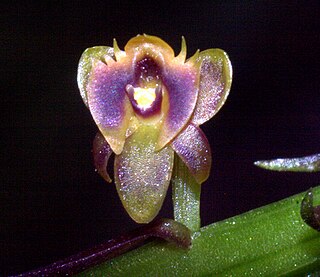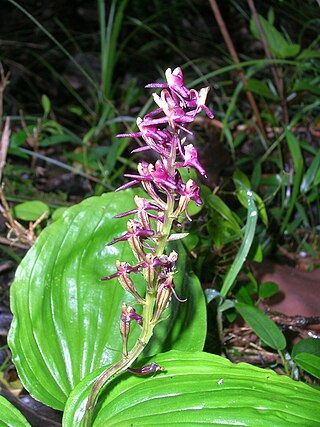
The Philippines, officially the Republic of the Philippines, is an archipelagic country in Southeast Asia. In the western Pacific Ocean, it consists of 7,641 islands which are broadly categorized in three main geographical divisions from north to south: Luzon, Visayas, and Mindanao. The Philippines is bounded by the South China Sea to the west, the Philippine Sea to the east, and the Celebes Sea to the south. It shares maritime borders with Taiwan to the north, Japan to the northeast, Palau to the east and southeast, Indonesia to the south, Malaysia to the southwest, Vietnam to the west, and China to the northwest. It is the world's twelfth-most-populous country, with diverse ethnicities and cultures. Manila is the country's capital, and its most populated city is Quezon City; both are within Metro Manila.

Filipino is a language under the Austronesian language family. It is the national language of the Philippines, and one of the two official languages of the country, with English. It is a standardized variety of Tagalog based on the native dialect, spoken and written, in Metro Manila, the National Capital Region, and in other urban centers of the archipelago. The 1987 Constitution mandates that Filipino be further enriched and developed by the other languages of the Philippines.

Filipinos are citizens or people identified with the country of the Philippines. The majority of Filipinos today come from various Austronesian peoples, all typically speaking Filipino, English, or other Philippine languages. Currently, there are more than 185 ethnolinguistic groups in the Philippines each with its own language, identity, culture, tradition, and history.

Crepidium, commonly known as 沼兰属 or spur orchids is a genus of about three hundred species of orchids in the family Orchidaceae. Plants in this genus are evergreen, mostly terrestrial plants with short stems lying on the ground, two or more relatively large, pleated leaves and small, non-resupinate flowers with spreading sepals and petals. The genus is widely distributed in the tropics.
Hanna Bogna Margońska, born 1968 is a Polish botanist known for her work on orchids.

Crepidium moluccanum, synonym Crepidium ramosii, is a species of plant in the family Orchidaceae endemic to the Philippines.

Crepidium quadridentatum is a species of plant in the family Orchidaceae, endemic to the Philippines

Crepidium dentatum, the toothed Crepidium, is a species of plant in the family Orchidaceae, endemic to the Philippines.

Crepidium uncatum is a member of the family Orchidaceae, endemic to the Philippines.

Crepidium quadrilobum is a species of plant in the family Orchidaceae, endemic to the Philippines.

Crepidium binabayense is a member of the family Orchidaceae, endemic to the Philippines.

Crepidium purpureiflorum is a member of the family Orchidaceae endemic to the Philippines.

Malaxideae is an orchid tribe in the subfamily Epidendroideae.

Malaxidinae is an subtribe of orchids in the tribe Malaxideae of the subfamily Epidendroideae.
Crepidium elegans is a species of epidendroid orchids in the tribe Malaxideae.

Crepidium fimbriatum, commonly known as the fringed spur orchid, is a plant in the orchid family and is endemic to tropical Far North Queensland. It is an evergreen, terrestrial orchid with a fleshy stem, wavy leaves and many purple flowers crowded on a purple flowering stem.
Crepidium fontinale, commonly known as the yellow spur orchid, is a plant in the orchid family and is endemic to the Northern Territory. It is an evergreen, terrestrial orchid with a fleshy stem, wavy leaves and many yellowish green flowers crowded on a green flowering stem.

Crepidium lawleri, commonly known as the small spur orchid, is a plant in the orchid family and is endemic to tropical far north Queensland. It is an evergreen, terrestrial orchid with an upright stem, dark green leaves and up to ten greenish cream-coloured flowers well spaced along a brittle flowering stem.

Crepidium marsupichilum, commonly known as the pouched spur orchid, is a plant in the orchid family and is endemic to tropical far north Queensland. It is an evergreen, terrestrial orchid with an cone-shaped stem, light green, shiny leaves and a large number of purple flowers crowded along a green and purple flowering stem.














